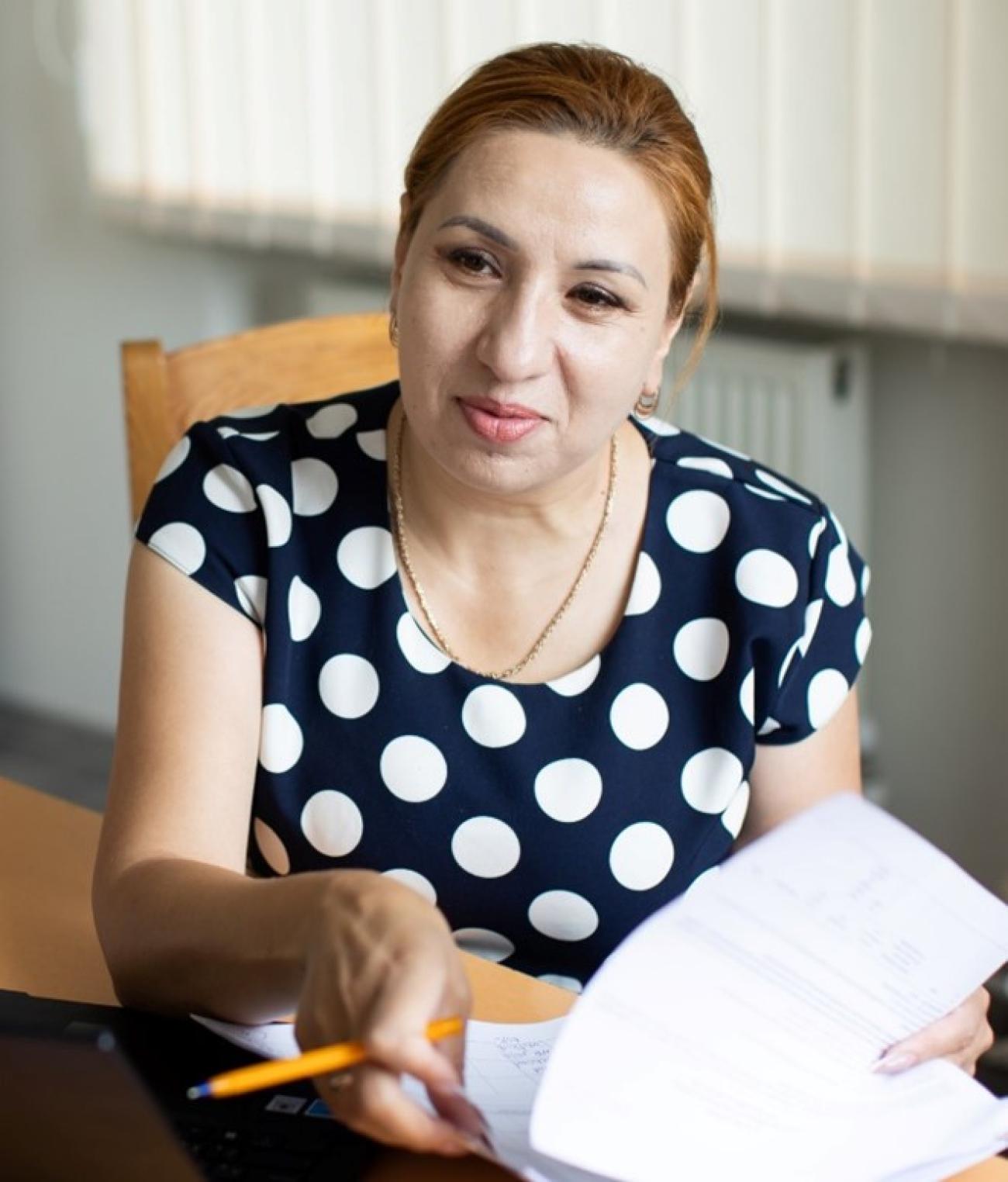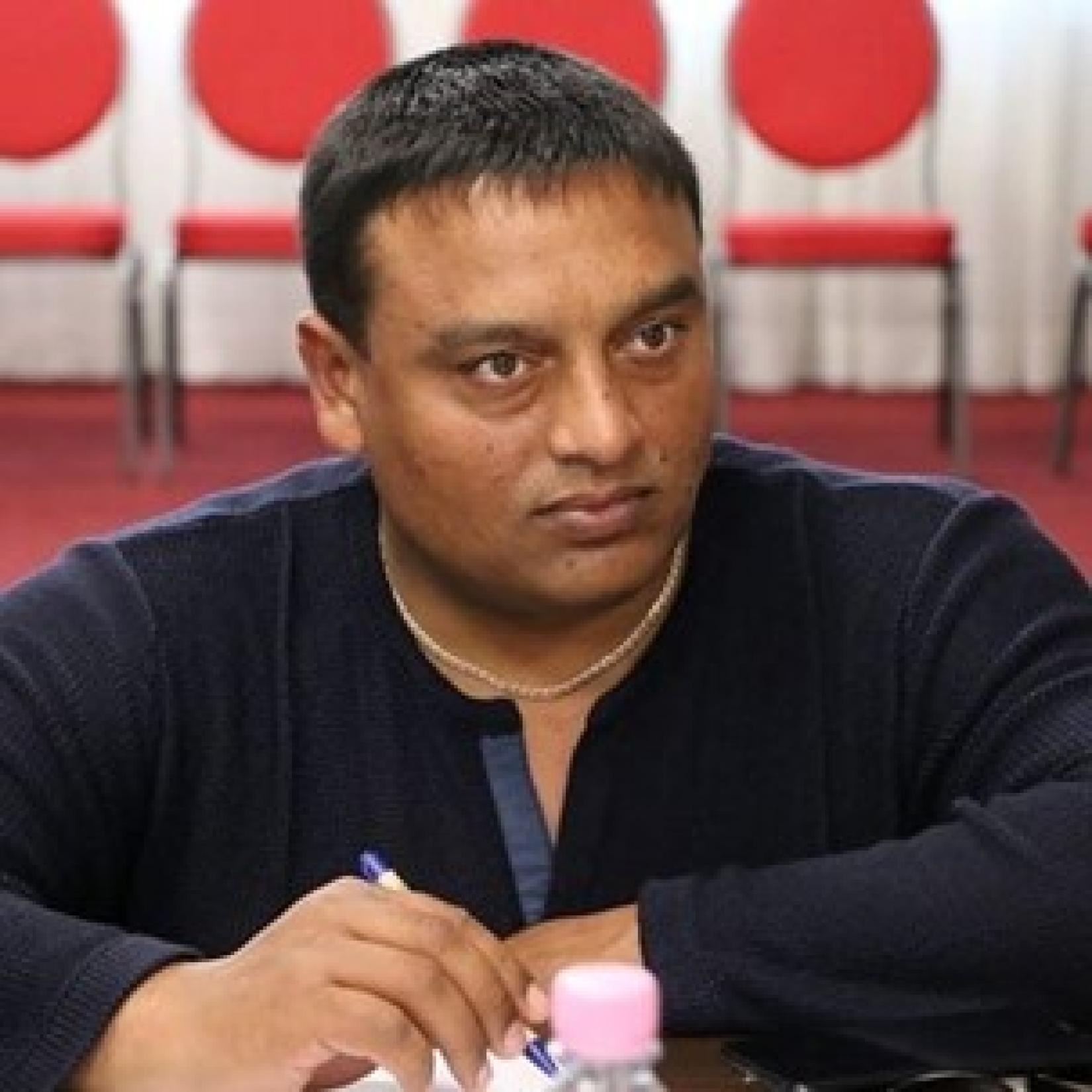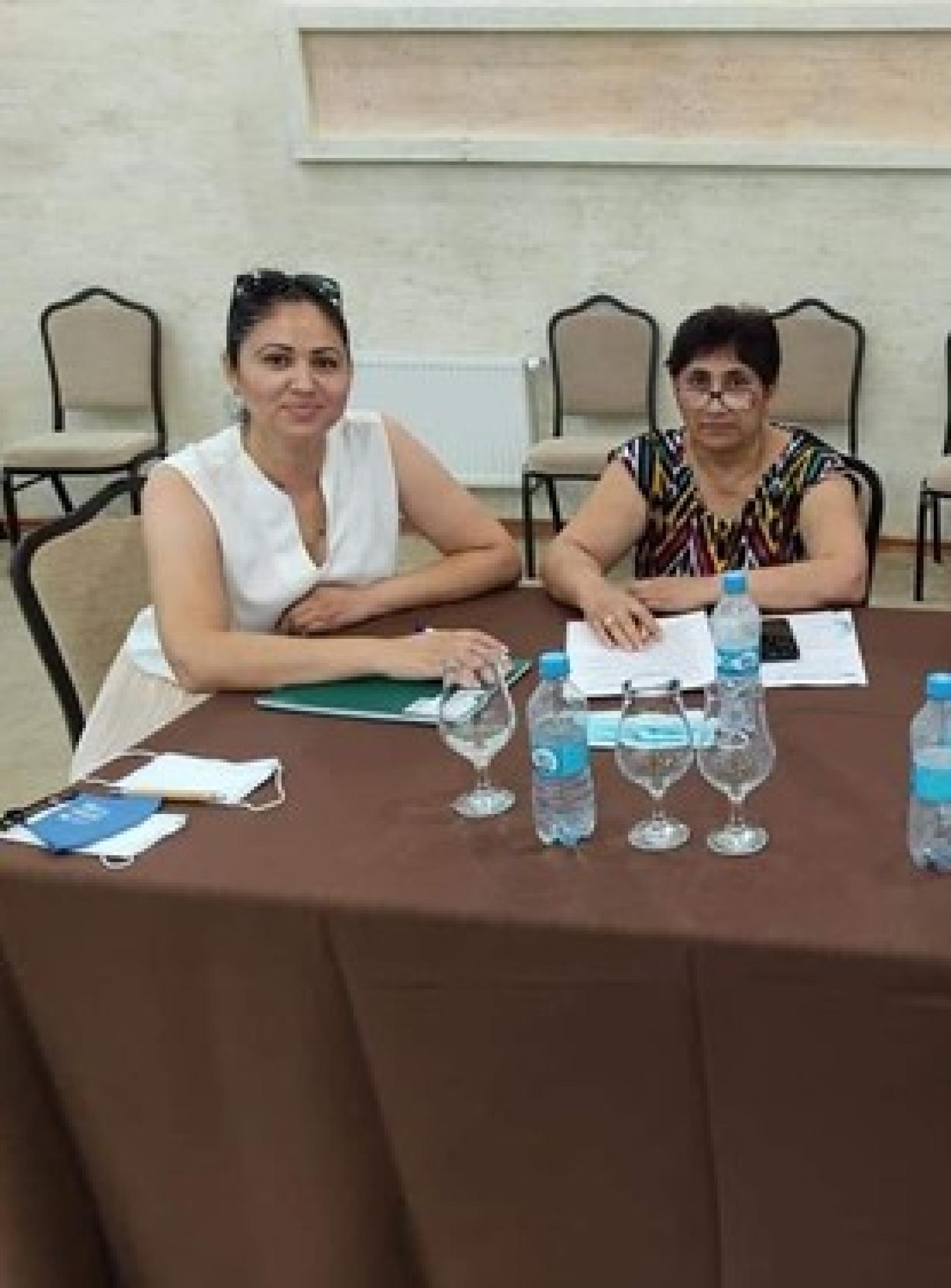The Role of Community Mediators in the Integration of Roma Refugees in Moldova

From the onset of Russia's military invasion of Ukraine, Moldova opened its doors to hundreds of thousands of refugees from Ukraine.
Some of them have found safety here and continue to live in Moldova while awaiting the end of the war. People forced to leave their homes are in a vulnerable position, with Roma refugees, as ethnic minorities, being even more so. Like in many countries worldwide, in Moldova, both local Roma and Roma refugees remain among the most marginalized groups, facing discrimination and violations of their human rights.
Since June 2023, UN Human Rights Moldova has been implementing the project "Improving the protection response and the equal access to services and assistance for refugees with specific needs and the most vulnerable host community members in Moldova, including the left bank of the Nistru River," funded by the European Union Civil Protection and Humanitarian Aid (DG-ECHO). As part of the project, OHCHR has undertaken an assessment to understand if some groups of refugees from Ukraine have faced discrimination in Moldova. In this context, OHCHR studied the situation of Roma refugees through focus group discussions with both Roma refugees and Roma community mediators on both banks of the Dniester/Nistru River. OHCHR found that mediators, who as part of their function work directly with the Roma community, play a significant role in overcoming inequality and ensuring access to rights and services for Roma refugees.
Silviana Feraru "I have been working as a mediator since 2014, I have assisted Roma refugees from Ukraine not only as a mediator but also as an NGO worker. Unfortunately, I have witnessed many facts of discrimination against Roma refugees, especially related to accommodation in Refugee Accommodation Centres. Roma refugees often faced refusal of accommodation as well as neglect. They turn to us for help and we, being a bridge between them and the local authorities, help them to solve their problems. We (mediators) are also actively involved in the processes of school enrolment of Roma refugee children and distribution of humanitarian aid to make these processes more transparent and based on equality".
Silviana, one among 49 Roma mediators, is an employee of the National Association of Roma Community Mediators. A community mediator is an employee of the local public administration authority in villages, communes, and towns, where there is a large Roma community, and who carries out his, her or their official duties in relation to the community of the respective locality.
According to the president of the National Association of Roma Community Mediators, Valeriu Caldararu, the institution of Roma mediators has been functioning on the right bank of Dniester/Nistru River since 2013 and over these years has shown its effectiveness. The Roma community in Moldova trusts mediators and turns to them when they face discrimination and violations of their rights. The work of Roma mediators has increased the integration of Roma into society, while raising their awareness of their rights and entitlements. This became especially evident when Roma mediators started working with Roma refugees from Ukraine and saw that Roma refugees were surprised to find Roma mediators offering their assistance.

Institution of Roma Community Mediators on the left bank of the Dniester.
In 2021, with support from UN Human Rights, the Institution of Roma Community Mediators was established on the left bank of the Dniester/Nistru River with the aim of improving access to human rights for members of the Roma community. Currently, it comprises 6 mediators from different districts who, like their colleagues from the right bank of the Dniester/Nistru River, have been redirecting part of their work towards Roma refugees from Ukraine since their first days of arrival from Ukraine.
Vasilisa Avtutova is one of six Roma community mediators on the left bank of Dniester/Nistru River.
"I have been working with local Roma since 2018, I started my work as a volunteer and in 2021 I became a Roma community mediator. I know all the challenges and difficulties faced by both local Roma and Roma refugees. In the first days of the war, we, the mediators, were among those who came to the support of Roma refugees. Unfortunately, they faced discrimination in various areas, but access to health care and labor was particularly difficult. I witnessed many cases where Roma refugees were denied access to health care because of their ethnicity and the fact that they were refugees. In these situations, they contacted me, and I accompanied them to the health center together and helped them in solving their problems. Unfortunately, many Roma refugees are not educated, do not know their rights, and even if they do, they cannot claim them. In these cases, they cannot manage without the help of Roma community mediators. In the labor sphere there is also a lot of discrimination against both local Roma and refugees, they are either directly told by potential employers that they do not want to employ them because of their ethnicity, or they answer, "we will call you back" and of course nobody calls back. It is especially difficult for Roma women, both local and refugee, to get a job, as it is immediately obvious that she is Roma - our clothes, skirts and dresses give us away. Men sometimes manage to hide the fact that they are Roma and are hired, but when the employer realizes that the employee is Roma, he or she is dismissed. Discrimination has led to the fact that Roma have to hide that they are Roma and pretend to be from other ethnic groups".

The importance of mediators in working with refugees is also noted by the coordinator of the Institute of Roma Community Mediators, Sofia Reducanu:
"The Institution of Roma Community Mediators is of great importance in the life of the Roma community. Since refugees from Ukraine have been arriving on the territory of the left bank, mediators have been helping them. Their most urgent needs are documentation, assistance with housing, medicine, social assistance, and humanitarian aid".
UN Human Rights Moldova assessment found that for Roma refugees, cooperation with mediators represented a significant step in receiving protection and support. Roma refugees on both banks of Dniester/Nistru River receive invaluable assistance from community mediators who represent their interests and provide practical support. Mediators not only help them in finding housing, receiving medical care, or finding employment, but also raise their awareness of their rights and provide them with the tools to claim them in a new socio-cultural context.
In addition, co-operation with mediators improves the interaction of Roma refugees with local authorities and society in general. Through mediation, dialogue and mutual understanding between the different parties is established, which contributes to a more effective resolution of problems and conflicts.
The new experience of co-operation also paves the way for a more inclusive society where the rights and needs of all groups, including Roma refugees, are considered, and protected. Such initiatives can serve as an example for other countries and regions where Roma refugees face similar challenges but lack the support of community mediators.
UN Human Rights gratefully acknowledges the financial support from the European Union Civil Protection and Humanitarian Aid for the implementation of this project in Moldova.
Read the story in Russian language.





